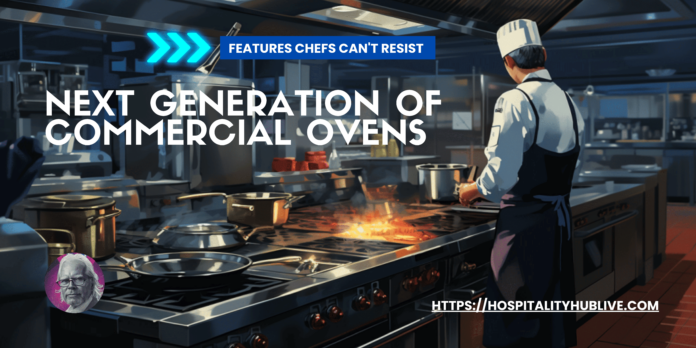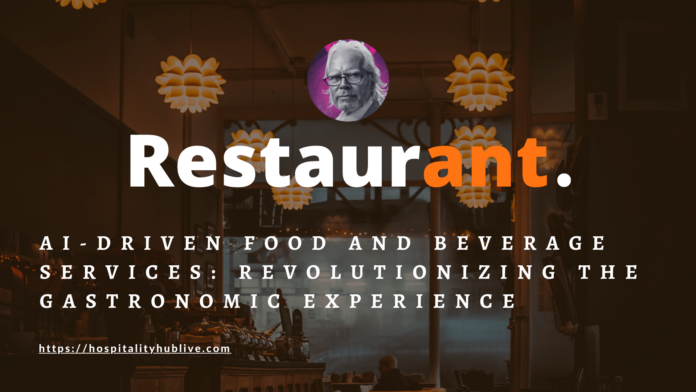Introduction:
The hospitality industry is no stranger to challenges, but the recent labor shortage crisis has emerged as a significant obstacle to its growth and sustainability. The scarcity of skilled staff is jeopardizing service quality, causing operational delays, and increasing costs for businesses.
Traditional hiring practices are proving to be ineffective in the current scenario, necessitating the adoption of innovative solutions. This article aims to explore various strategies to address labor shortages in the hospitality industry, ranging from enhanced recruitment measures to technological integrations. provide a comprehensive guide to the top 10 hotel openings worldwide in 2024, elaborating not only on locations and amenities but also project values and opening dates.
1. Recruitment Strategies
Localized Marketing
Marketing campaigns tailored to local communities can generate interest among potential employees who prefer working closer to home. Using local media outlets and job boards can target this specific demographic.
Partnership with Educational Institutions
Creating partnerships with culinary schools, hospitality management courses, and universities can be a pipeline for new talent. These partnerships could involve internship programs, campus recruitment, or curriculum-based training specifically geared toward your business needs.
Virtual Job Fairs
Physical job fairs are often limited by geography, but virtual platforms can widen the net. They enable businesses to connect with talent not just locally, but potentially globally, offering a broader and more diverse applicant pool.
2. Staff Retention
Competitive Pay and Benefits
Compensation is often cited as one of the most critical factors for job satisfaction. Offering competitive salaries, health benefits, and performance bonuses can make employees think twice before considering other opportunities.
Career Development Programs
The promise of career growth can serve as a strong incentive for staff retention. Programs such as internal promotions, leadership training, and skills development courses can keep employees engaged and invested in their roles.
Work-Life Balance
Burnout is a significant issue in the hospitality sector. Implementing flexible work schedules, rotational shifts, and even remote work options for applicable roles can improve work-life balance and contribute to staff retention.
3. Skill Development
Cross-Training
Cross-training staff to perform multiple roles not only makes them more versatile but also adds variety to their daily tasks, which can increase job satisfaction.
Mentorship Programs
Setting up mentorship programs within the organization can help with the transference of skills and knowledge. Experienced staff can guide newer employees, fostering a culture of continuous learning and improvement.
Online Courses
Encourage staff to enroll in online courses related to their roles. Businesses can either sponsor these courses or offer incentives for course completion, thereby enhancing the skill set within the organization.
4. Automation
Self-Check-In/Out Kiosks
Self-service kiosks for check-in and check-out processes can free up front desk staff to focus on more complex guest relations tasks. This technological integration improves efficiency and reduces staffing needs.
Automated Inventory Management
Inventory management can be tedious and time-consuming. Automating this aspect of operations frees up staff to focus on guest interactions, ultimately enriching the customer experience.
Chatbots for Customer Service
Artificial Intelligence-powered chatbots can handle routine inquiries and basic customer service tasks, reducing the load on human operators and freeing them to handle more complex issues.
5. Embracing the Gig Economy
Temporary Staffing
During peak seasons or special events, temporary staff can fill gaps without the commitment of long-term employment contracts.
Freelance Talent
For specialized tasks like content creation, social media management, or graphic design, freelancers can provide their expertise without being on the full-time payroll.
Collaborative Work Models
A balanced workforce consisting of permanent employees, part-time staff, and freelancers can offer a flexible and dynamic staffing model that can be adjusted based on needs and workload.
Conclusion:
The labor shortage crisis in the hospitality industry requires immediate attention and the adoption of innovative solutions. Enhancing recruitment strategies, focusing on staff retention, and investing in skill development are crucial steps.
Furthermore, technological integration and a flexible work model can go a long way in ensuring sustainability. By proactively addressing these issues, hospitality businesses can not only survive but thrive amid these challenges.
Discover more from Hospitality Hub Live
Subscribe to get the latest posts sent to your email.











